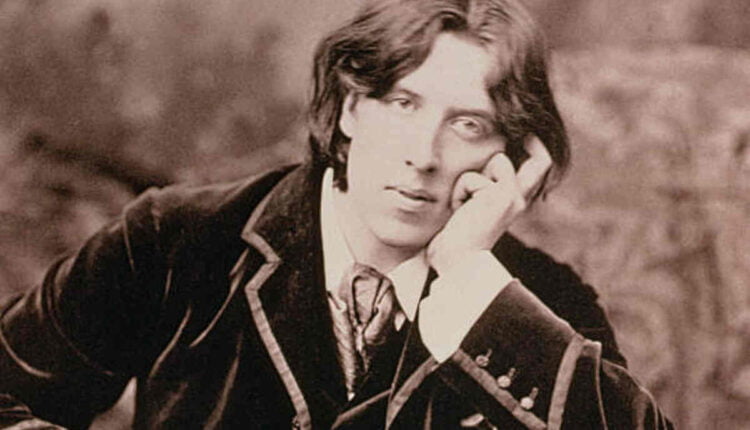Oscar Wilde Biography
If you are interested in learning more about Oscar Wilde, this biography is for you. We’ll cover his conversion to Roman Catholicism, love affairs, two years in prison, and his career. In addition, we’ll discuss his conversion to Roman Catholicism and his affair with a young man.
Oscar Wilde’s conversion to Roman Catholicism
Oscar Wilde’s conversion to Catholicism is integral to his life story. The controversial writer lived an incredibly complex life that left a problematic legacy. While he has become an icon of the gay rights movement, he is also seen by many as the epitome of homophobia. Wilde’s life was certainly not happy, and his conversion to the faith is no exception.
Wilde was born and raised in Dublin. His college days were spent under the influence of Newman’s Anglo-Catholicism, which was embraced by many of the Catholic intellectuals of the day. Unfortunately, his eulogy did not convince the Congregation for the Doctrine of the Faith to change its stance on sexual orientation. However, Oscar’s conversion to the Catholic church could have encouraged Vatican officials to be more honest about their humanity.
his affair with a young man
Oscar Wilde’s affair with a man dates back to the late 1880s. The young man he saw was named Robbie Ross, an openly gay man. Ross moved into the family home where Wilde lived, and the two men soon began to have an affair. Their affair was the catalyst for Wilde to become more open to the company of young men and embrace the secret side of London’s nightlife. His frequent public affections with renters were scandalous to London society.
In the course of the trial, Wilde’s sexual relations with various young men were exposed. For example, his former partner, sixteen-year-old newsboy Alphonse Conway, testified that Wilde had masturbated, pushed his hands down his trousers, and even gave him an inscribed silver cigarette case. This affair sparked scandal, and Wilde ended up in court as an accused.
his two years in prison
Oscar Wilde spent two years in prison for homosexual acts. The imprisonment culminated in a feud between Wilde and his lover’s father, the Marquess of Queensbury. The Marquess had accused Wilde of libel, which Wilde denied. Wilde was sentenced to two years of hard labor. Wilde was only released on May 19, 1897. He died of cerebral meningitis in 1900.
Queensbury’s lawyers employed private investigators who discovered evidence of sexual liaisons between Wilde and male prostitutes. The lawyers also forced some of the sex workers to testify against Wilde. When the trial seemed hopeless, Wilde withdrew. However, the evidence against him was passed to the Director of Public Prosecutions. The investigation led to Wilde’s arrest and trial at the Old Bailey. He was charged with twenty-five charges, including gross indecency.
his career
Oscar Wilde’s career began when he was only 27 years old. He started by writing reviews of art exhibitions in London. He later wrote his first play, Vera, which was never performed. Wilde also began writing fairy tales, such as The Selfish Giant, which he published in 1888. His writing also included themes of greed, pride, and morality.
Oscar Wilde married the daughter of an Irish barrister, Constance Mary Lloyd. They lived in Chelsea and at 16 Tite Street, where Wilde worked as a book reviewer for the Pall Mall Gazette. Wilde’s salary was minimal at the time, but he was widely admired for his conversational style. After his trial, he was sentenced to two years of hard labor. However, his reputation for indiscretion soon caught up with him, and he began to write in a darker tone.
his influence on art and individualism
Oscar Wilde was an English writer who was closely associated with the phrase, “art for art’s sake.” Wilde was a member of the Aesthetics Movement and believed that art should be made for artistic expression, not for monetary gain. He saw the world as a creation of the individual and regarded life as an art form.
Wilde rejected the stereotype that the poor were more virtuous than the rich. Instead, he believed the only class in a community that thought more about money than anything else was poor.



Comments are closed.